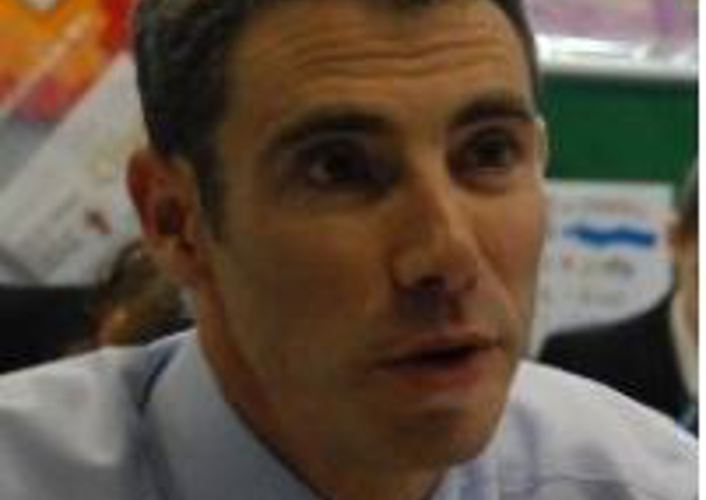Music 'giving wings to the mind'

Following news that learning an instrument ‘does not make kids smarter’, Adam Gibson, Head at Wellington Prep School, argues instead that to learn an instrument one must practice, perform and persist - three important p's giving wings to the mind.
Learning an instrument ‘does not make kids smarter’. Perhaps not.
But it does make them better. Not better in terms of raw intelligence. Not better linguists and classicists. And not better historians or geographers. But better learners.
Learning an instrument involves three powerful P’s. The first of these is the power of ‘Practice’. Practice requires self-regulation and concentration from the child, developing two important learning habits straightaway. Practice leads to understanding the fundamental truth that the better you practise, the better you get. This realisation that you have such a direct influence over your own success is incredibly significant. The power of practice is that children begin to understand that they can build their own scaffolding and start to take responsibility for their own achievement.
The second of the P’s is ‘Performance’. Whether a child is playing a piece back to their music teacher or a solo in front of an audience of hundreds, the child learns what it means to perform. Performing to others nurtures the preparedness of a child to take a risk; to show vulnerability, if you like. It requires a child to take on a challenge where they may fail in front of others. Performing with others develops teamwork. Performing on your own develops accountability. Performing brings risk and reward in equal measure. And as any gigging musician would affirm, that sense of reward is incredibly powerful. Whether a child enjoys the affirmation from their teacher that the practice has paid off or the applause from hundreds of people, impressed by what they have achieved, it provides a recognition from which so many people thrive.
The final P is for Persistence. If a child can perceive that they can overcome obstacles independently, that is a very potent lesson. As teachers we endeavour to make learning accessible and as parents we are tempted to snowplough the paths for our children. But as learners, our children need to have the determination and belief in their own abilities to tackle challenges to reach their goals. Whether a child is progressing through a set of graded music awards or focussed on playing a piece for the sheer pleasure of it, persistence will probably make the difference to the child’s success or otherwise.
So, even if we leave aside the neurological discussions regarding the impact of learning an instrument on dendritic growth, the left brain-right brain debates and various other scientific hypotheses, we are left with the knowledge that learning an instrument can enable a child to:
a) Understand that good practice leads to good progress, b) Realise that their attitude shapes their success, c) Be prepared to take a risk in terms of demonstrating their learning, d) Cope with the nerves of performance then enjoy the plaudits, e) Appreciate that they have to work harder to get better.
Hmmm. When that Plato chap wrote about music “Giving wings to the mind” perhaps he was on to something…

